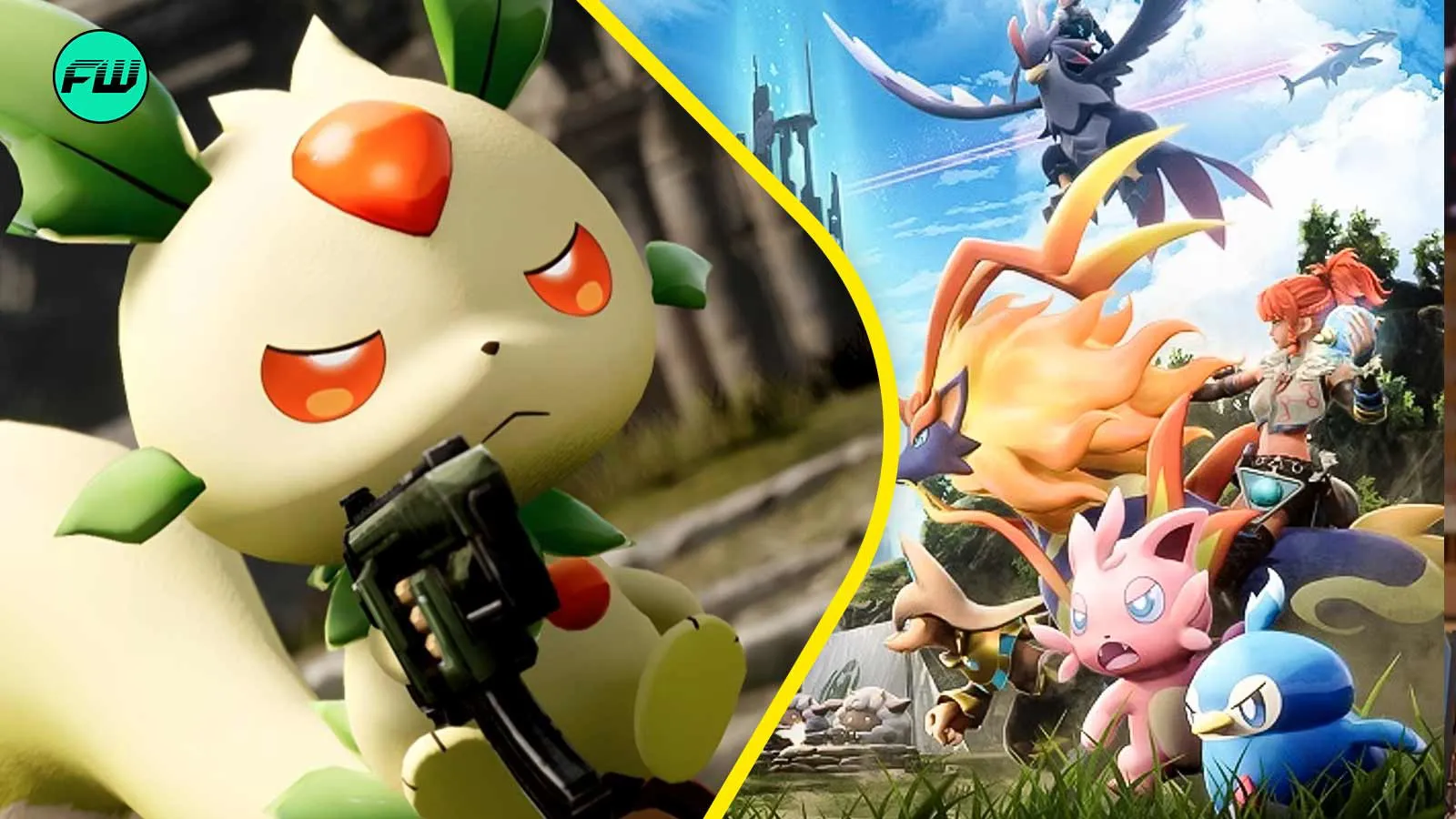Pokemon's Legal Victory and the Future of Palworld

Pokemon has scored a significant victory in the gaming industry, winning a lawsuit against Pocket Monster Reissue, a game that grossed nearly $42 million in a year by copying key elements from the Pokemon franchise. The Shenzhen Intermediate People's Court ruled in favor of Pokemon, holding one company accountable and awarding damages of approximately $15 million. Meanwhile, Palworld, another title criticized for its similarities to Pokemon, has yet to face legal challenges, prompting discussions about its potential future.
Unraveling the Legal Case Against Pocket Monster Reissue
The lawsuit against Pocket Monster Reissue reveals critical insights about intellectual property in the gaming world. The game's blatant use of brand elements, including characters like Pikachu, raises pressing questions about copyright enforcement. The Pokemon Company has consistently shown its stance on protecting its intellectual properties, making this legal move not just a case of principle but also a financial decision.
Palworld: The Unaddressed Contender
Despite the legal action against Pocket Monster Reissue, many fans wonder why Palworld has evaded similar consequences. Available on PC and consoles, its shifts from traditional monster-catching gameplay to survival and crafting mechanics provide it with an intricate buffer against copyright claims. Yet, with the recent verdict serving as a reminder of Pokemon's vigilance, the clock might be ticking for Palworld.
- Impact of Copyright Infringement: Analyzing how the recent lawsuit affects the gaming industry.
- Future of Palworld: Speculating on legal ramifications for games mimicking Pokemon.
- Community Reactions: Gathering opinions on Pokemon's legal actions and Palworld's standing.
As the gaming landscape continues to evolve, the interactions between players, developers, and legal entities will shape the future experiences within it. The balance between inspiration and infringement remains a critical topic for creators and fans alike.
This article was prepared using information from open sources in accordance with the principles of Ethical Policy. The editorial team is not responsible for absolute accuracy, as it relies on data from the sources referenced.